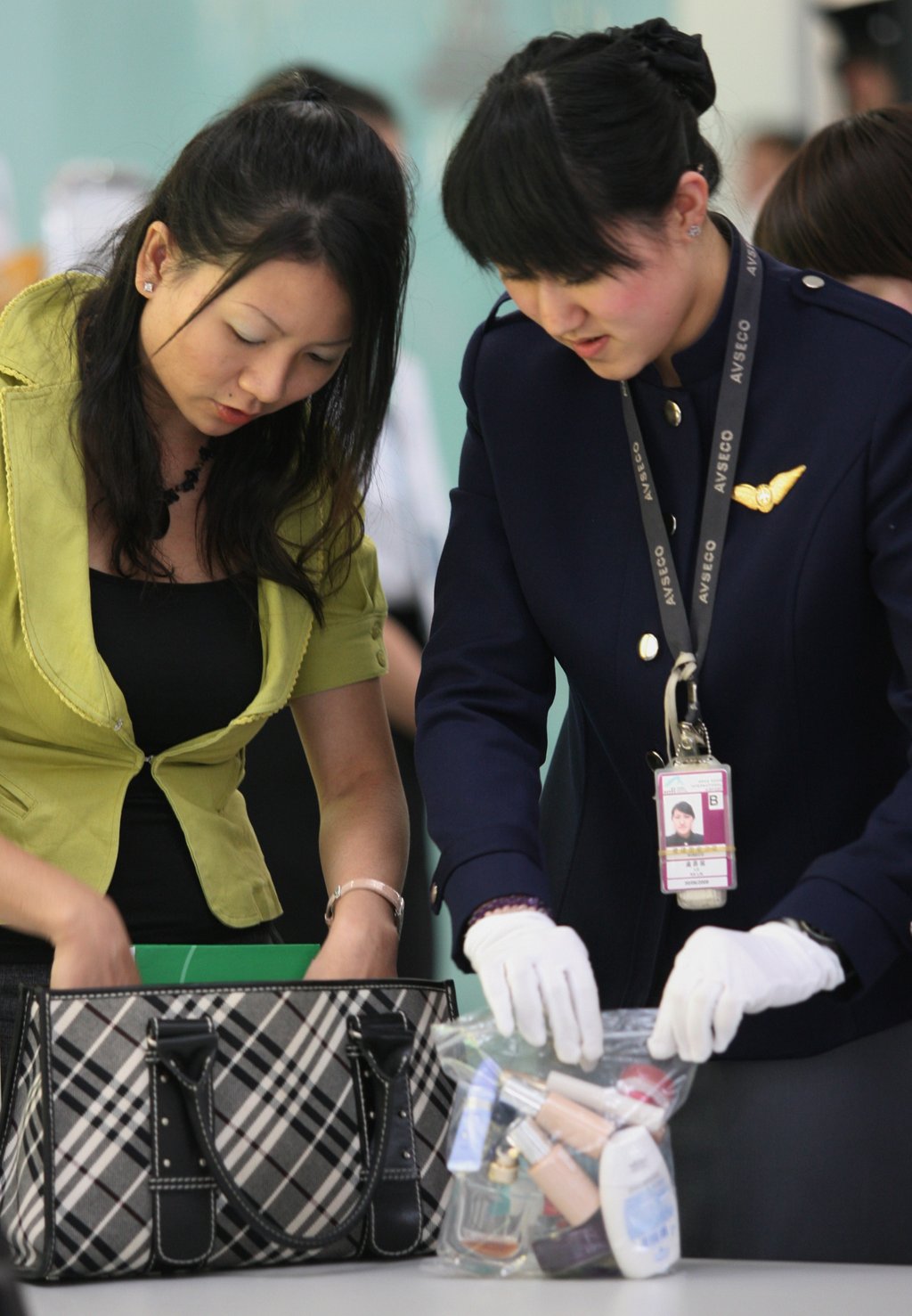Europe’s air passengers will from September be forced to again limit themselves to 100 millilitre liquid items in their carry-on bags.
Described by the European Commission as a “temporary” and “precautionary” reimposition, the move covers the EU and European Economic Area and follows the UK bringing back the curbs at its airports in June.
The reversal appears to be down to concerns about whether the newest CT or C3 scanners, which have recently been installed at dozens of airports across the continent, can correctly read bottles.
C3 scanners were meant to facilitate passengers bringing drinks and other large bottles onto an aircraft.
The EU’s about-turn does not affect the other main benefit of the new scanners, which mean passengers do not have to remove gadgets like computers and tablets from bags for separate screening.
Most airports have also been making continued use of older X-ray scanners, where passengers have still had to stick to the 100ml rule and the separate screening of some electronics.

Airports Council International Europe (ACI), an industry body representing the continent’s airports, described the EU rule change as a “setback” for passengers and a “blow” to airports that had spent heavily on procuring and installing the new “cutting edge” scanners.
The about-turn will lead to “significant operational strain” for airports, which face having to deploy more staff and reconfigure checkpoints, the ACI warned, calling on the commission to say how long the revived curbs will remain in place.
ACI announced recently that Europe’s air traffic, measured by airport passenger numbers, had recovered to pre-pandemic or 2019 levels during the first half of 2024.







